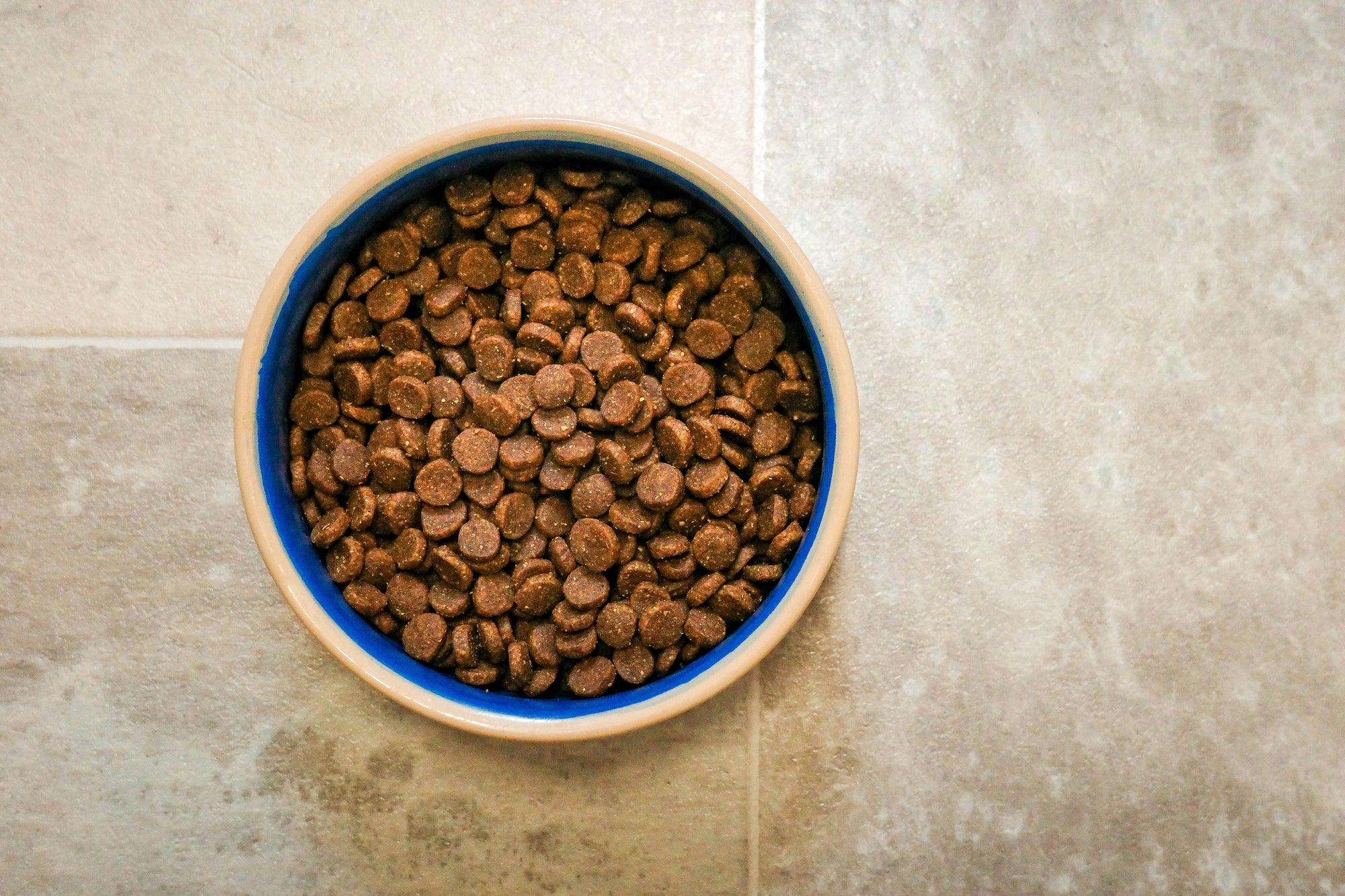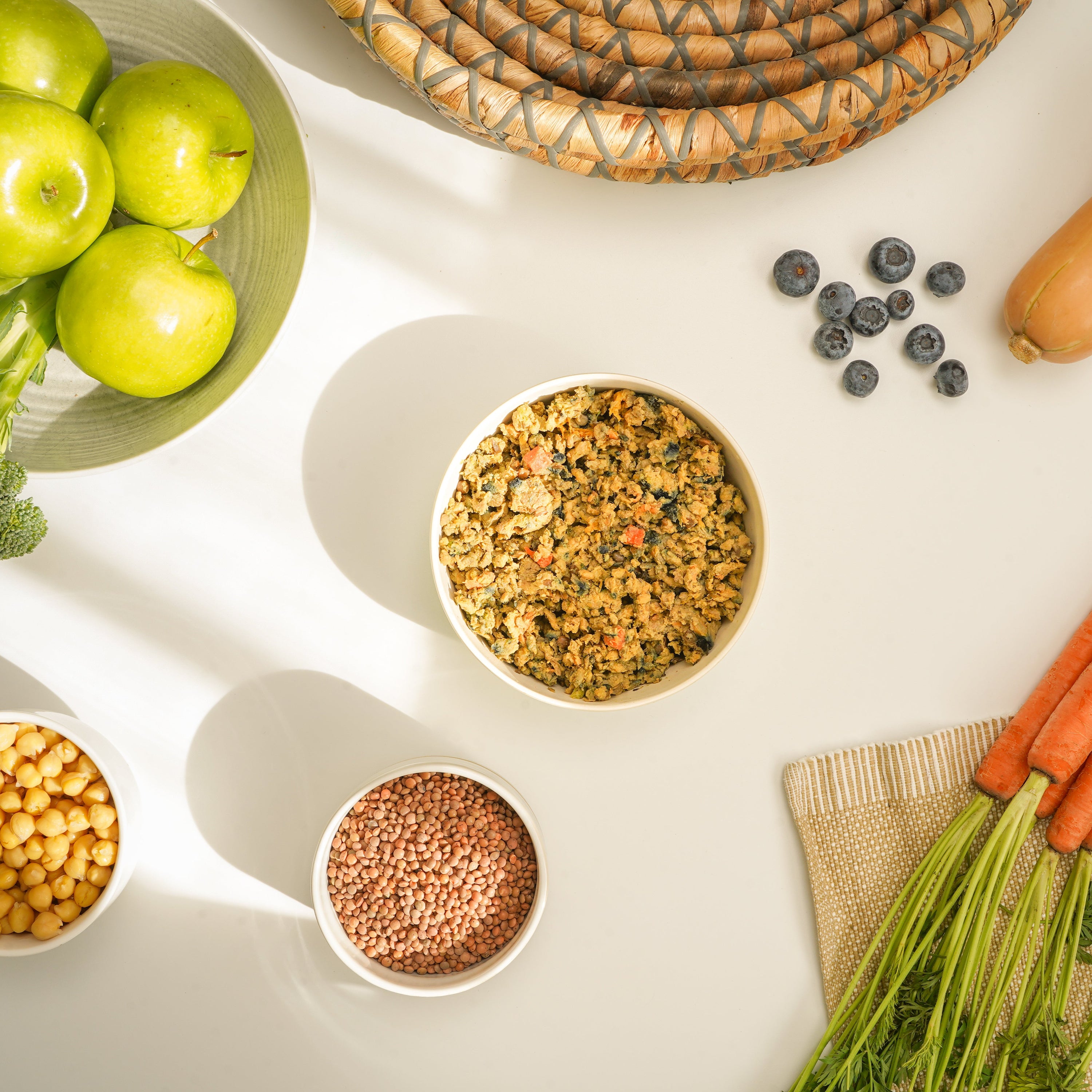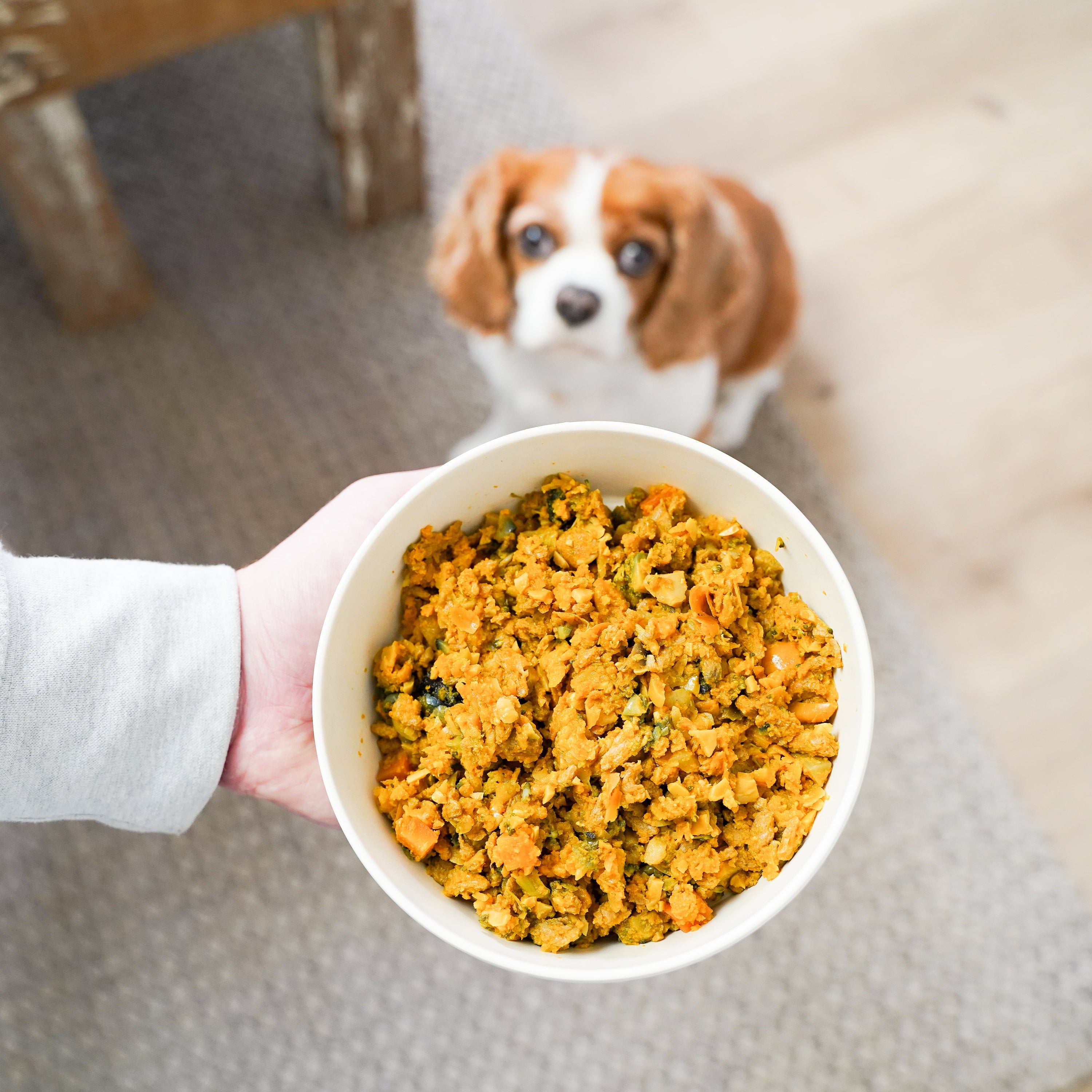

Are Over-Processed Kibbles Contributing to the Rise in Dog Food Allergies?
In recent years, there has been a noticeable increase in food allergies among dogs, and one potential culprit is the over-processing of commercial kibble. Research suggests that the methods used to produce kibble, particularly the extrusion process, may alter the nutritional and allergenic properties of dog food. We will be exploring how over-processed kibbles could be contributing to the rise in dog food allergies.
How Processing Affects Kibble
Formation of Advanced Glycation End Products (AGEs):
What is AGEs and why does it sound concerning? The extrusion process used to produce kibble involves high heat and pressure, which triggers a reaction. This reaction generates AGEs and other toxic compounds that can elicit inflammatory responses in dogs. AGEs are known to contribute to chronic inflammation and oxidative stress, both of which are linked to allergic reactions and other health issues in dogs[1][2][3]. (Yes, that's why it sounds concerning!)
Protein Alteration:
Heating proteins at high temperatures during processing can lead to the formation of protein aggregates that are resistant to digestion. These altered proteins, known as neoallergens, have a higher allergenic potential and may trigger immune responses in dogs[2][4]. Additionally, essential amino acids like lysine are significantly reduced during extrusion, further diminishing the nutritional quality of kibble[3]. Doesn't sound very good, does it? We don't think so either.
Additives and Artificial Ingredients:
Many commercial kibbles contain artificial additives, preservatives, and flavorings that may act as hidden allergens. These substances can make allergic reactions in sensitive dogs worse [2]. Root & Tail and other fresh and gently-cooked dog food do not contain any artificial additives, preservatives, and flavorings, that's why we have to be kept frozen.
Evidence Linking Kibble to Allergies
Higher Inflammatory Markers:
Studies have shown that kibble-fed dogs have elevated levels of inflammatory markers compared to dogs fed a less processed diet. This suggests that processed diets may promote systemic inflammation, a key factor in allergic responses[1][8].
Increased Occurences of Allergies:
Research from the University of Helsinki found that puppies fed primarily kibble had a higher occurrence of allergy-related skin symptoms in adulthood compared to those fed minimally processed diets. Feeding at least 20% less processed food during puppyhood was associated with a significant reduction in allergy symptoms later in life[6] - it's that easy! Incorporate some gently-cooked food in your puppy's diet today to start them off on the right path.
Clinical Observations:
Anecdotal evidence from pet owners and veterinarians supports the idea that switching from kibble to minimally processed diets often alleviates allergy symptoms such as itchy skin, ear infections, and gastrointestinal issues[4].
Why Minimally Processed Diets May Be Better
Minimally processed diets retain more natural nutrients and avoid the formation of harmful compounds like AGEs. These diets are also free from many artificial additives found in kibble. Studies indicate that dogs fed a fresh diet exhibit fewer inflammatory markers and improved overall health compared to their kibble-fed counterparts[1][8].
Explore Root & Tail's gently-cooked human grade recipes, formulated by a board-certified vet nutritionist to see if they could be the right diet for your dogs.
If you have any questions, feel free to reach out to us at info@rootandtailpet.ca and we'd be happy to help.
---
REFERENCES
- Anturaniemi, J., et al. (2020). Clinical health markers in dogs fed raw meat-based or commercial diets. *Journal of Animal Science*.
- Big Dog Pet Foods. (2024). Understanding food allergies in dogs.
- 3. Big Dog Pet Foods. (2024). The impact of processing on the nutrient content of commercial pet foods.
- Dogs Naturally Magazine. (n.d.). Can cooked diets cause food allergies in dogs?
- Puurunen, J., et al. (2022). The impact of diet on dog allergies: What you need to know. *Northpoint Pets*.
- Hielm-Björkman, A., et al. (2021). Puppyhood diet may impact a dog’s allergies later in life. *University of Helsinki*.


